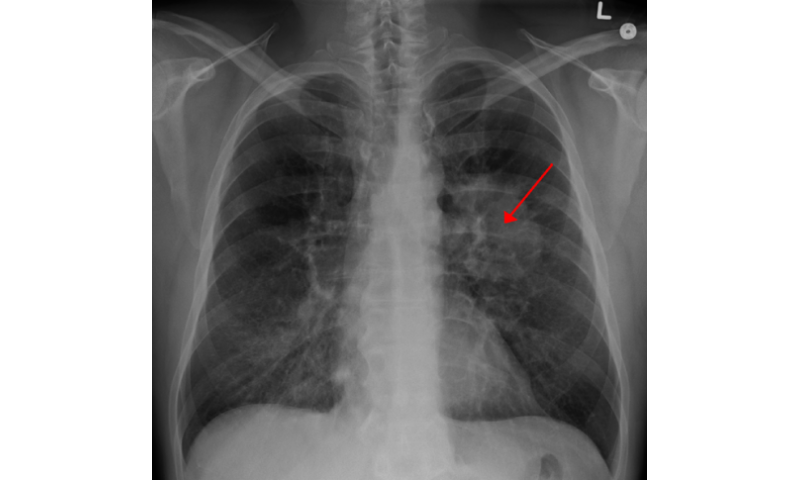
Lung cancer clinical trials supported by the pharmaceutical industry demonstrate no more bias compared to studies funded by other sources, according to a study published in the Journal of Thoracic Oncology, the official journal of the International Association for the Study of Lung Cancer.
Clinical trials are expensive and often require funding from the pharmaceutical industry, but previous studies have revealed bias in clinical studies conducted by industry sponsors.
Pedro Aguiar Jr, M.D., M.Sc., Ph.D., M.B.A., Faculdade de Medicina do ABC Santo André, Brazil and his research team sought to determine if any bias existed among pharmaceutical-backed studies of therapies for non-small cell lung cancer patients. His group compared studies funded by drug companies with studies funded by other sources in terms of costs, reported results and strength of evidence.
Dr. Aguiar analyzed 477 studies focusing on non-small cell lung cancer that were published between 2012 and 2017. His analysis focused on 275 trials sponsored by the pharmaceutical industry and 202 funded by other sources. These studies included 85,328 patients—64,434 in studies sponsored by the PI and 20,894 in studies with other funding sources.
Dr. Aguiar’s group assessed the risk of the following biases: randomization bias, allocation bias, performance bias, detection bias, attrition bias and reporting bias.
The authors write that industry interests may determine the types of research questions to be answered by clinical trials, as well as their experimental design. Previous studies suggest that even the results of some trials may be affected by industry-vested interests through several types of systematic errors such as reporting bias and violation of the uncertainty principle. The emphasis on the reporting and dissemination of positive results may favor a higher rate of reporting in comparison with negative ones.
Previous studies also suggest that even the results of some trials may be affected by industry-vested interests through several types of systematic errors such as reporting bias and violation of the uncertainty principle.
However, Aguiar’s analysis of clinical trials focusing on non-small cell lung cancer did not reveal any such bias.
“We found that studies funded by the pharmaceutical industry had stronger evidence, evaluated more innovative therapies and resulted in a higher proportion of open access manuscripts than studies supported by other funding sources,” Dr. Aguiar said. There was no significant difference regarding the reporting of experimental arm superiority between the two groups or the risk of bias, he added.
In the United States, the amount of money available for the National Institutes of Health to invest in one year is approximately $39 billion, whereas the amount spent by the pharmaceutical industry per year amounts to approximately $100 billion. During the five years considered in this review, the proportion of studies funded by the pharmaceutical industry increased from 49% in 2012 to 65% in 2017.
Source: Read Full Article
